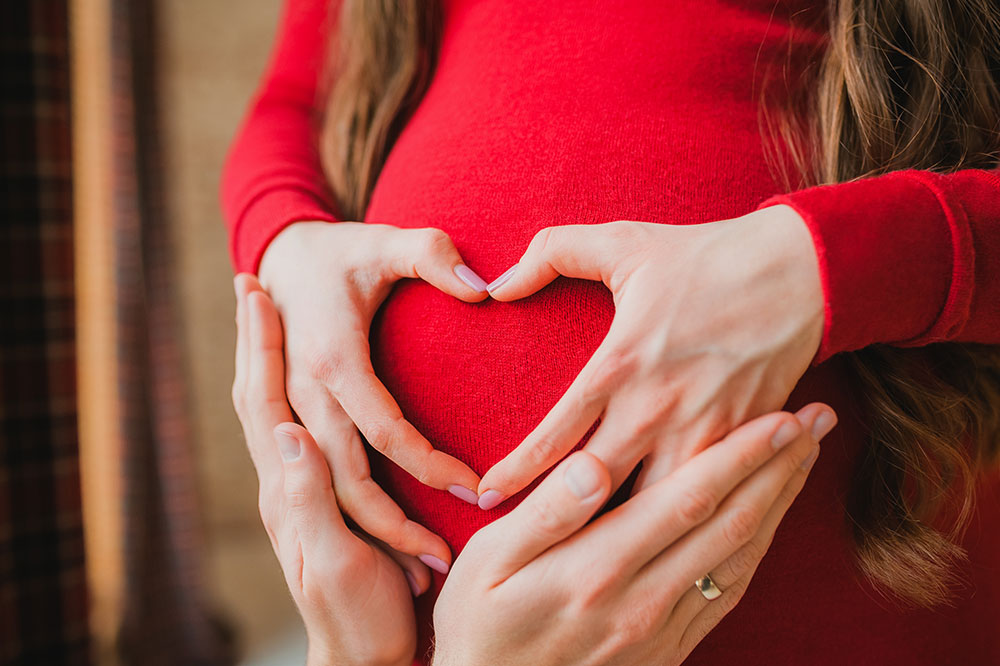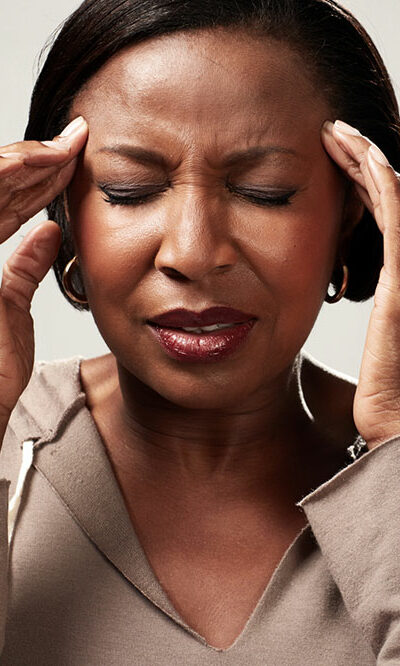Relation between family history and pregnancy

The news of a baby arriving brings an enormous amount of happiness in the family. With pregnancy come the various highs and the lows in the health of the expecting mother. It’s important to remember that family history has an important role in what health conditions the baby may inherit and how parents deal with them. It goes without saying that family & pregnancy are very much related to each other.
Causes of complications in pregnancy
It is advisable to know about the family history of both the parents so that timely action can be taken against issues such as genetic diseases, birth defects, and developmental disabilities. However, before delving into the relationship between family & pregnancy and the associated risk factors, let’s first look at some of the most common causes of complications in pregnancy.
There are several causes that can lead to complications in pregnancy. Complications are health problems that involve the mother or baby or both. Some women experience issues during pregnancy, while some experience pre-pregnancy issues. The following causes of complications in pregnancy are quite common:
- High blood pressure can cause complications in pregnancy as it becomes hard for the blood to reach the placenta. This plays an important role in providing oxygen and nutrients to the fetus.
- Some infections can pass from mother to baby, especially during the delivery process. Many such infections can be treated and prevented with appropriate prenatal and postpartum follow up.
- Vaginal bleeding or spotting, cramping, or tissue/fluid passing from the vagina can indicate a miscarriage, which can happen before 20 weeks due to natural causes.
The following complications might need one to go for genetic counseling:
- Inability to conceive despite favorable conditions
- If a previous child was born with a defect or genetic disease
- Two or more miscarriages despite favorable pregnancy conditions
- Death of a baby before he/she turns one year old
Genetic risks attributing to health conditions
A newborn child gets one set of genes from the mother and the other from father.







